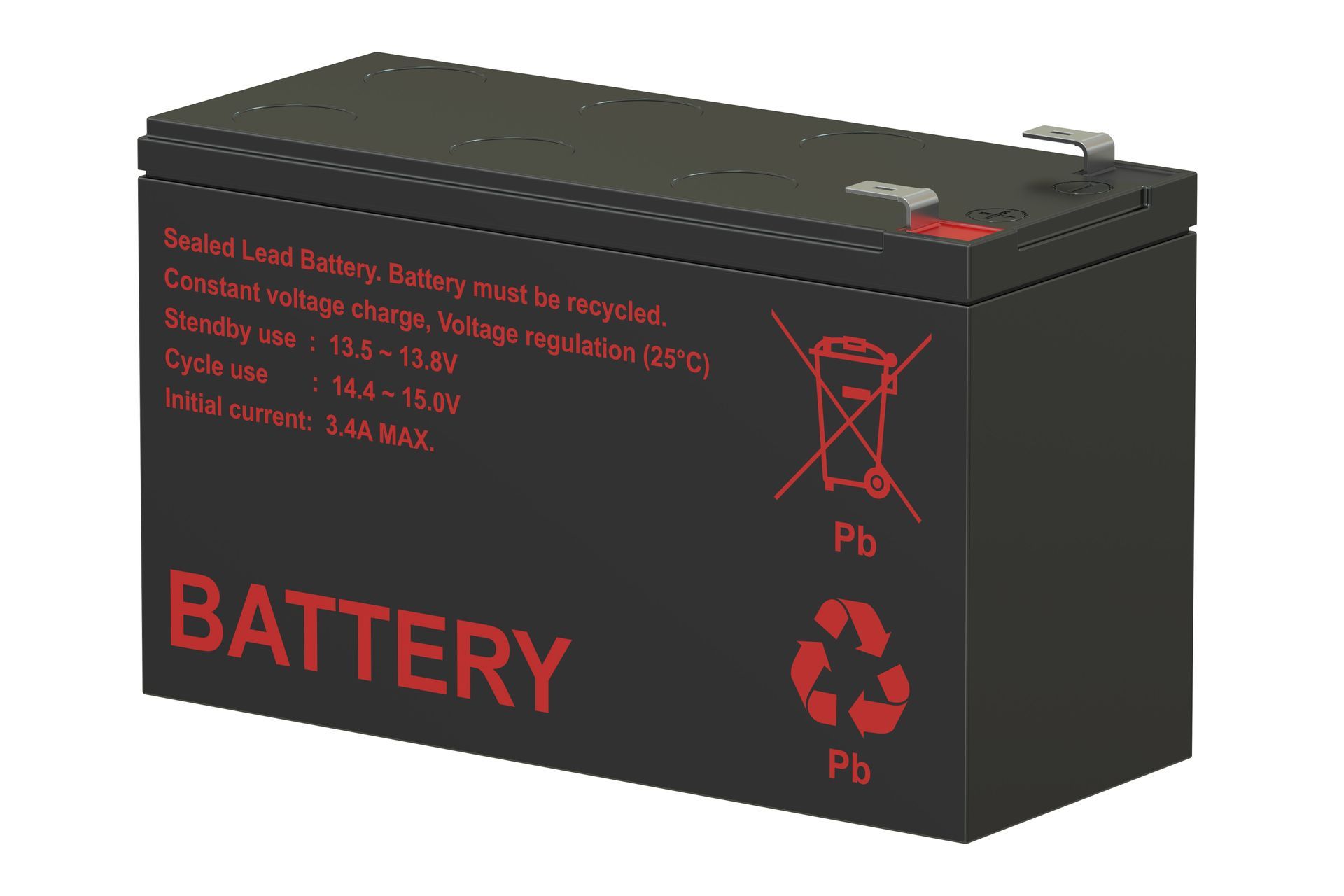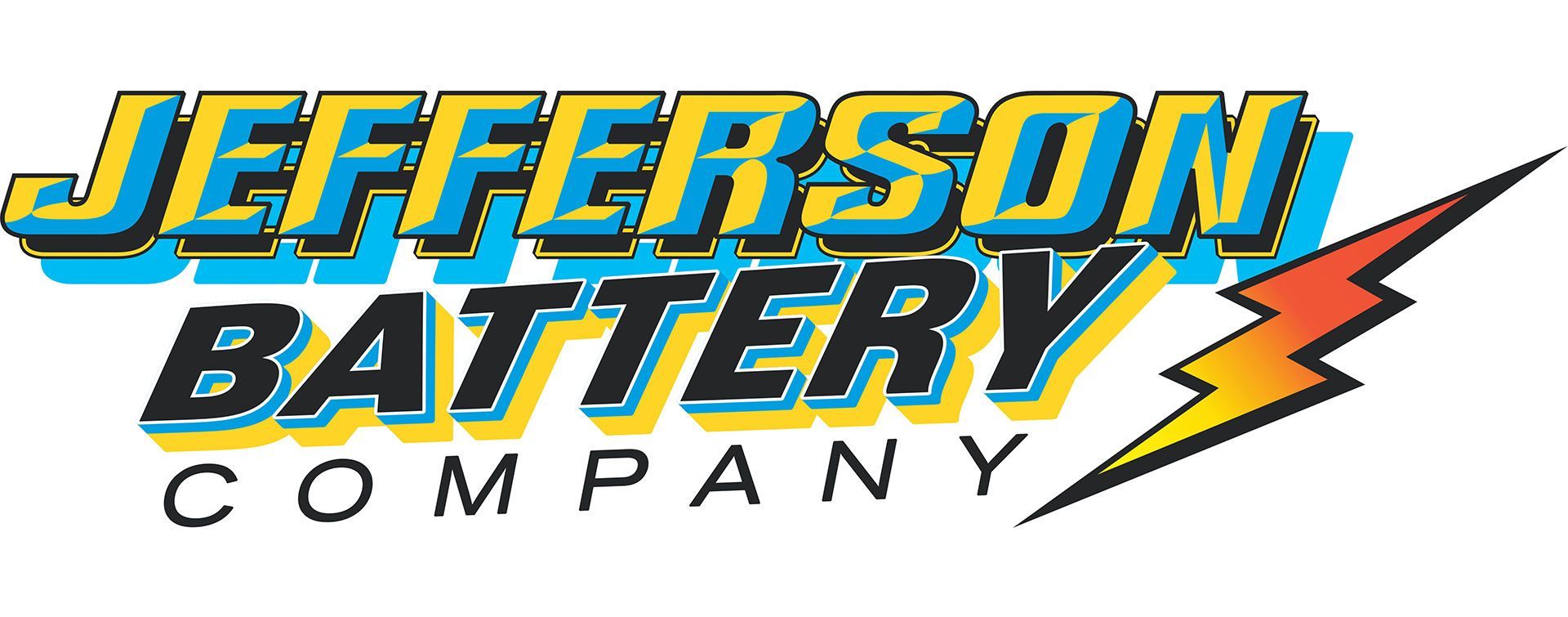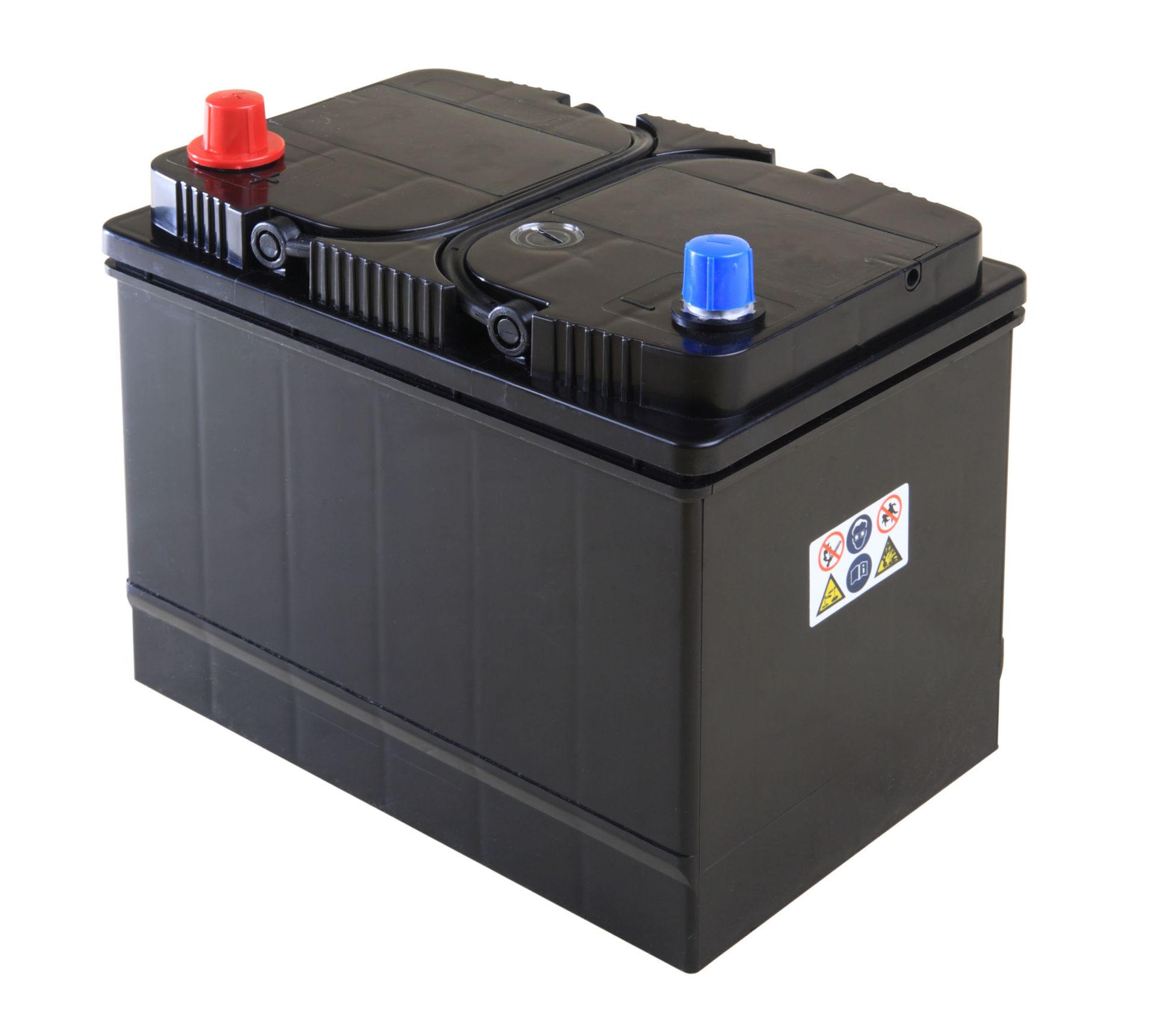What’s the Cost Difference Between Standard Lead-Acid and Lithium-Ion Batteries?
Highlights:
- Lead-acid batteries have a lower upfront cost but require more maintenance.
- Lithium-ion batteries cost more initially but last longer and require less upkeep.
- Total cost of ownership often makes lithium-ion competitive over time.
- Maintenance, charging efficiency, and replacement cycles all factor into cost differences.
- Jefferson Battery Co Inc in Jefferson, LA provides expert advice on choosing the right battery for your needs.
One of the most common questions for facility managers and operators of floor scrubbers and sweepers is how the costs of lead-acid and lithium-ion batteries compare. Lead-acid batteries have been the industry standard for decades due to their affordability and reliable performance, while lithium-ion technology has emerged as a modern alternative with a higher upfront cost but longer lifespan and lower maintenance needs. According to the U.S. Environmental Protection Agency, nearly 99% of lead-acid batteries are recycled annually thanks to a well-established collection network, making them widely available and sustainable, whereas lithium-ion recycling is still developing and presents more challenges.
Upfront Purchase Price Comparison
At the time of purchase, lead-acid batteries are significantly cheaper than lithium-ion options. A set of lead-acid batteries for a scrubber or sweeper may cost hundreds of dollars less than a comparable lithium-ion pack. This lower upfront cost makes them attractive for businesses with tight budgets or short-term needs. However, businesses should remember that purchase price is only part of the total cost equation. Over time, differences in performance, maintenance, and replacement intervals can outweigh initial savings.
Maintenance Costs Over Time
Maintenance plays a big role in the long-term cost difference between lead-acid and lithium-ion batteries. Lead-acid models, especially flooded types, require regular watering, cleaning, and inspection, and neglecting those tasks can shorten their lifespan and force earlier replacement. Lithium-ion batteries, in contrast, are largely maintenance-free, saving businesses time and labor. According to ScienceDirect, a techno-economic analysis of lithium-ion vs. lead-acid batteries notes that lithium-ion systems have "low maintenance requirement" compared to lead-acid alternatives.
Frequently Asked Questions
Are lithium-ion batteries always cheaper in the long run?
Not always. The savings depend on usage patterns, charging habits, and how long the equipment is kept in service.
Do lead-acid batteries cost less to repair?
Yes, but they require more frequent maintenance, which can add up over time.
Should I choose lithium-ion if I only use my scrubber occasionally?
Probably not-lead-acid may be more cost-effective for light or infrequent use.
Battery lifespan is one of the most important cost factors. Lead-acid batteries typically last three to four years under regular use, while lithium-ion batteries can often last five years or more. This difference means lithium-ion batteries may not need to be replaced as often, offsetting their higher purchase price. Fewer replacements also reduce downtime for equipment, which adds value in industries where every hour of operation counts.
Charging Efficiency and Energy Costs
Another area where lithium-ion has an advantage is charging efficiency. These batteries charge faster and hold their energy better, reducing electricity costs, whereas lead-acid batteries lose more energy during the charge/discharge cycles. According to ResearchGate, lithium-ion banks run with higher round-trip efficiencies and provide more usable energy over their lifetime.
Operator Productivity and Hidden Costs
Beyond direct expenses, the type of battery chosen affects productivity. Lithium-ion batteries allow for opportunity charging during breaks, which helps machines stay in service longer without waiting for a full charge. Lead-acid batteries require longer charging cycles and cool-down periods, limiting machine availability. Reduced downtime means employees can clean more square footage in less time, which translates to savings that may not be immediately visible on a balance sheet. For large facilities, these productivity gains can outweigh thousands of dollars in battery costs over the equipment's lifespan.
Frequently Asked Questions
Do lithium-ion batteries need special chargers?
Yes, lithium-ion batteries usually require compatible chargers designed for their chemistry.
Will switching to lithium-ion reduce downtime?
In most cases, yes. Faster charging and opportunity charging options mean more machine availability.
Is the extra cost worth it for a small facility?
It depends on usage. For smaller facilities with limited cleaning needs, lead-acid may remain the more cost-effective choice.
Cost differences also tie into disposal and recycling. Lead-acid batteries are among the most recycled products in the world, and recycling programs help reduce disposal costs. Lithium-ion batteries, while recyclable, currently have higher processing costs and less established recycling infrastructure. Businesses should weigh these factors when considering lifetime expenses, particularly if sustainability and compliance are priorities. The environmental component is important for organizations that must meet green standards or report sustainability practices.
Real-World Scenarios and Total Cost of Ownership
For businesses with heavy cleaning demands, such as warehouses or hospitals, the total cost of ownership may favor lithium-ion despite the higher upfront price. Fewer replacements, less downtime, and reduced maintenance all add up over several years. For lighter use or smaller budgets, lead-acid batteries still provide a reliable and affordable option. The key is to match the battery type to the specific needs of the operation rather than focusing only on purchase price. This broader view helps managers plan budgets more effectively and prevents surprises in long-term cost planning.
Financing and Budgeting Options
Many businesses hesitate to invest in lithium-ion because of the initial sticker shock. However, financing and leasing programs can make these batteries more accessible. Spreading costs over time allows organizations to capture the long-term benefits of lithium-ion technology without overburdening immediate budgets. Jefferson Battery Co Inc in Jefferson, LA works with companies to explore payment options that make sense for their operations, ensuring that cost savings and efficiency gains are achieved without overwhelming capital expenditures.
Jefferson, LA Perspective
In Jefferson, LA, businesses often face tough decisions about where to allocate resources. Partnering with Jefferson Battery Co Inc provides valuable guidance for weighing upfront costs against long-term benefits. Their expertise helps facility managers determine whether lead-acid or lithium-ion batteries deliver the best overall value for their specific cleaning equipment and budget. Local experts can also offer recycling solutions and maintenance plans that reduce overall operating expenses.
Frequently Asked Questions
Can I switch from lead-acid to lithium-ion in the same machine?
Sometimes, but you'll need to confirm compatibility with both the machine and charger specifications
How do I calculate total cost of ownership?
Factor in purchase price, maintenance, replacements, electricity use, and productivity impact over several years.
Does Jefferson Battery Co Inc offer both types?
Yes, they provide both lead-acid and lithium-ion solutions tailored to different operational needs in Jefferson, LA.
Choosing between lead-acid and lithium-ion batteries ultimately comes down to balancing short-term affordability with long-term efficiency. While lead-acid options remain practical for businesses with limited budgets or lighter equipment use, lithium-ion technology continues to prove its value in high-demand settings where uptime, lower maintenance, and fewer replacements translate to measurable savings. With expert guidance from Jefferson Battery Co Inc in Jefferson, LA, facility managers can make confident, informed decisions that align with both operational goals and financial priorities.
Future Trends
As battery technology continues to evolve, businesses can expect further improvements in both performance and cost-efficiency. Lithium-ion batteries are already seeing advancements in energy density, charging speed, and safety features, while research into solid-state batteries promises even greater benefits in the future. For operators of scrubbers and sweepers, these innovations may soon provide options that combine the affordability of lead-acid with the low-maintenance and long lifespan of lithium-ion. Staying informed about these developments ensures businesses remain competitive and prepared to adopt solutions that lower operational expenses over the long term.










Share On: